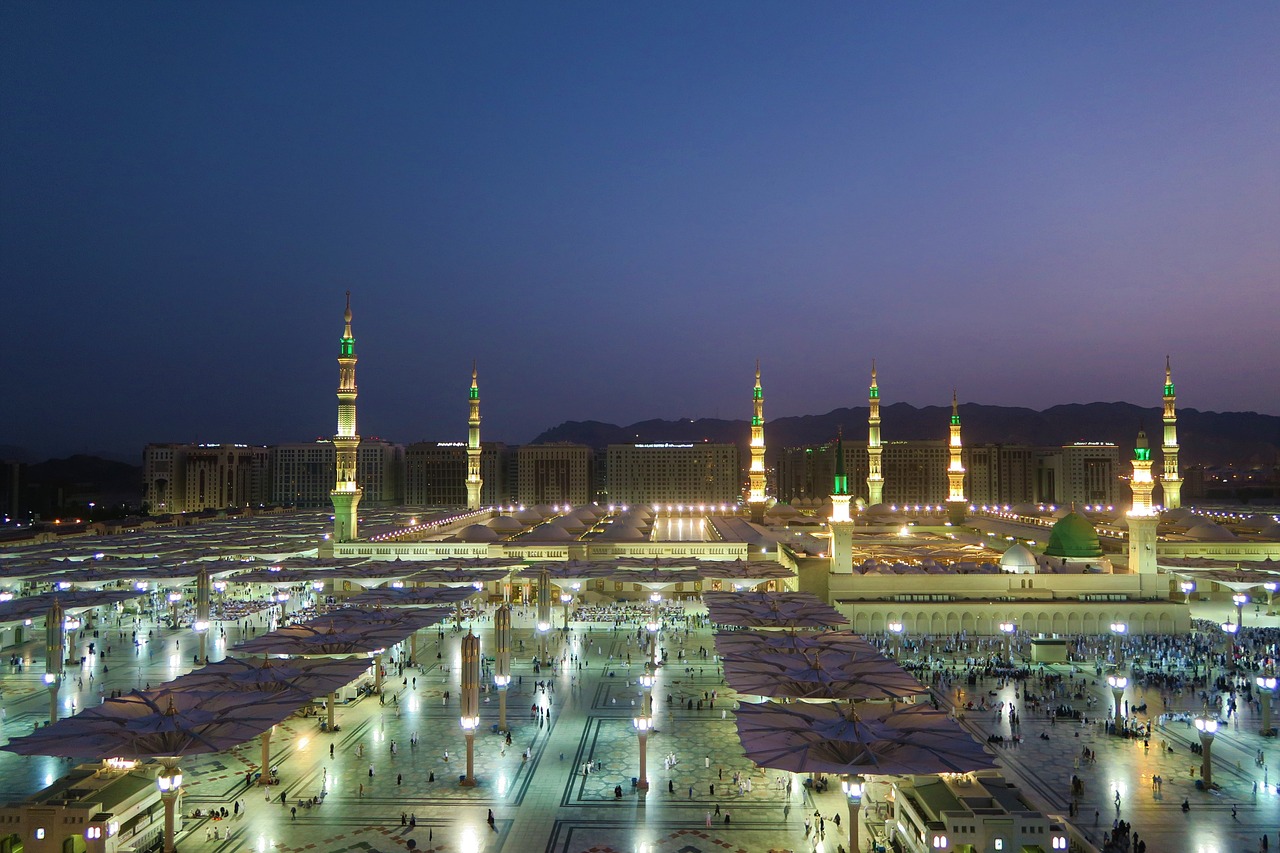Exploring the Wonders of the Night Sky: Stargazing and Astronomy Tourism
Gazing up at the vast expanse of the night sky can be a truly mesmerizing experience. The twinkling stars scattered like diamonds against the dark backdrop of the universe evoke a sense of wonder and awe in all who take a moment to appreciate their beauty. The graceful dance of the constellations and the shimmering glow of the Milky Way above remind us of the infinite mysteries that lie beyond our earthly realm.
The beauty of the night sky serves as a timeless reminder of our place in the grand scheme of the cosmos. It is a canvas on which stories of ancient civilizations and modern discoveries are written, connecting us to our past and inspiring us to reach for the stars – both literally and metaphorically. In a world that is often filled with chaos and noise, the serene beauty of the night sky offers a sense of peace and tranquility that is truly unparalleled.
Ideal Locations for Stargazing
When looking for the perfect location to stargaze, consider the clarity of the night sky as a top priority. Areas with minimal light pollution offer optimal conditions for viewing celestial bodies in all their splendor. Remote rural locations or designated dark sky reserves are often ideal spots to witness the beauty of the night sky in its purest form.
Another factor to take into account is the elevation of the chosen stargazing location. Higher altitudes away from urban centers tend to have clearer skies and less atmospheric interference, providing a clearer view of the stars above. Mountain observatories or hilltops offer excellent vantage points for observing constellations, planets, and meteor showers with enhanced visibility.
What are some benefits of stargazing?
Stargazing can help reduce stress, improve concentration, and provide a sense of wonder and awe at the universe.
What makes a location ideal for stargazing?
Ideal stargazing locations are typically far away from light pollution, have clear skies, and are at higher elevations.
Can stargazing be done in urban areas?
Stargazing in urban areas can be challenging due to light pollution, but some urban parks or observatories may offer decent views of the night sky.
What equipment do I need for stargazing?
Basic equipment for stargazing includes a telescope or binoculars, a star chart or stargazing app, and a comfortable chair or blanket to sit on.
Are there specific times of year that are better for stargazing?
Clear, cool nights with minimal humidity are typically ideal for stargazing, so spring and fall are often the best times of year.
Can children participate in stargazing?
Stargazing can be a great activity for children, as it helps cultivate a sense of curiosity and wonder about the universe. Just make sure to supervise them around any equipment.





